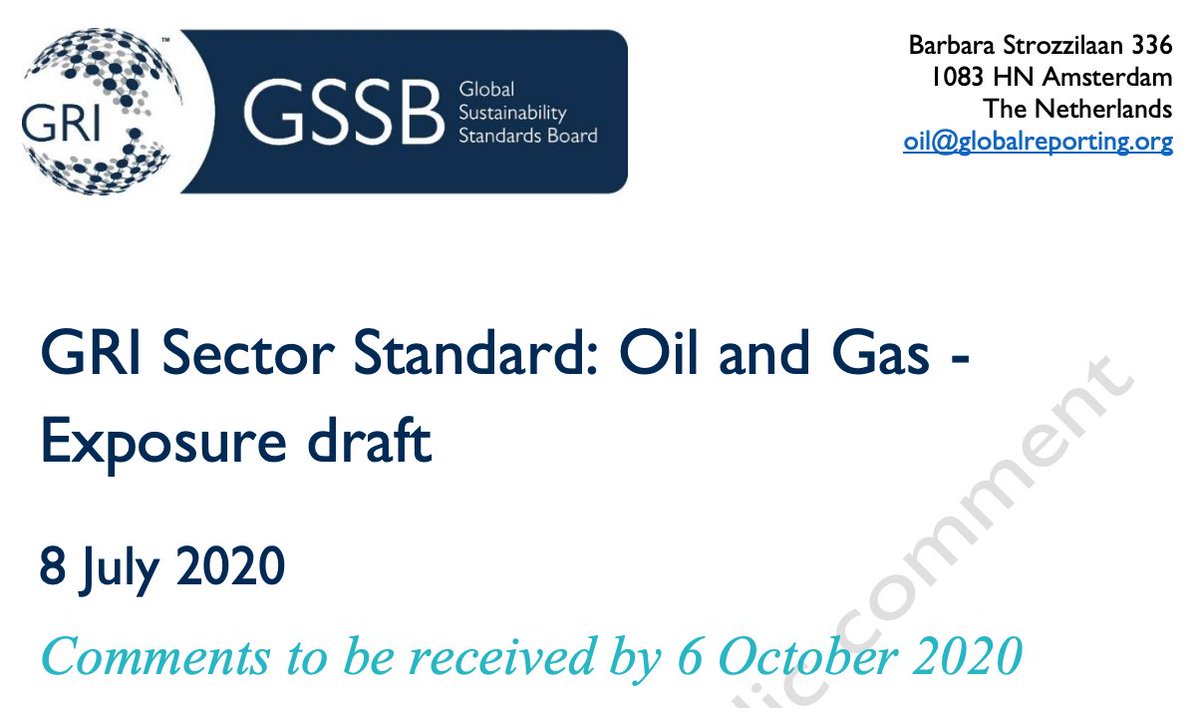
Historic agreement between @Shell & @ActOnClimate100
churchofengland.org/news-and-media…
Welcome steps forward, but as they say, the devil is in the details...
churchofengland.org/news-and-media…
Welcome steps forward, but as they say, the devil is in the details...
@Shell @ActOnClimate100 As this agreement will likely be perceived as setting precedent, it will be important to dig down into the weeds to discern if this is actually the case.
Perhaps @ActOnClimate100 should consult with the twittersphere before agreeing to its negotiated terms...
Perhaps @ActOnClimate100 should consult with the twittersphere before agreeing to its negotiated terms...
• • •
Missing some Tweet in this thread? You can try to
force a refresh







